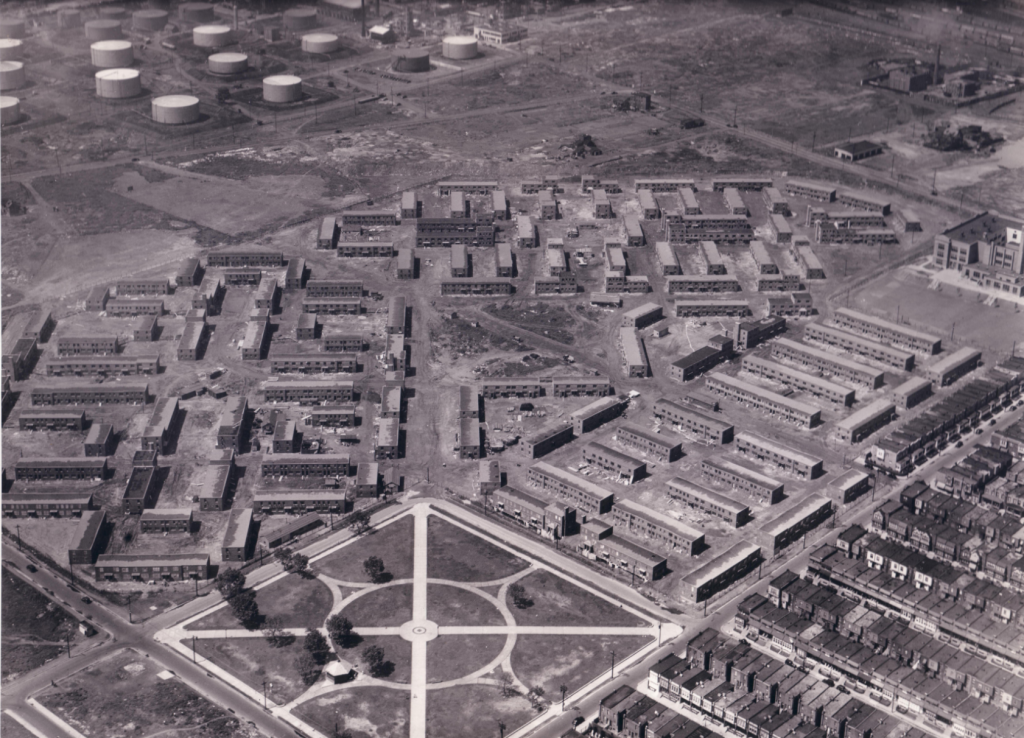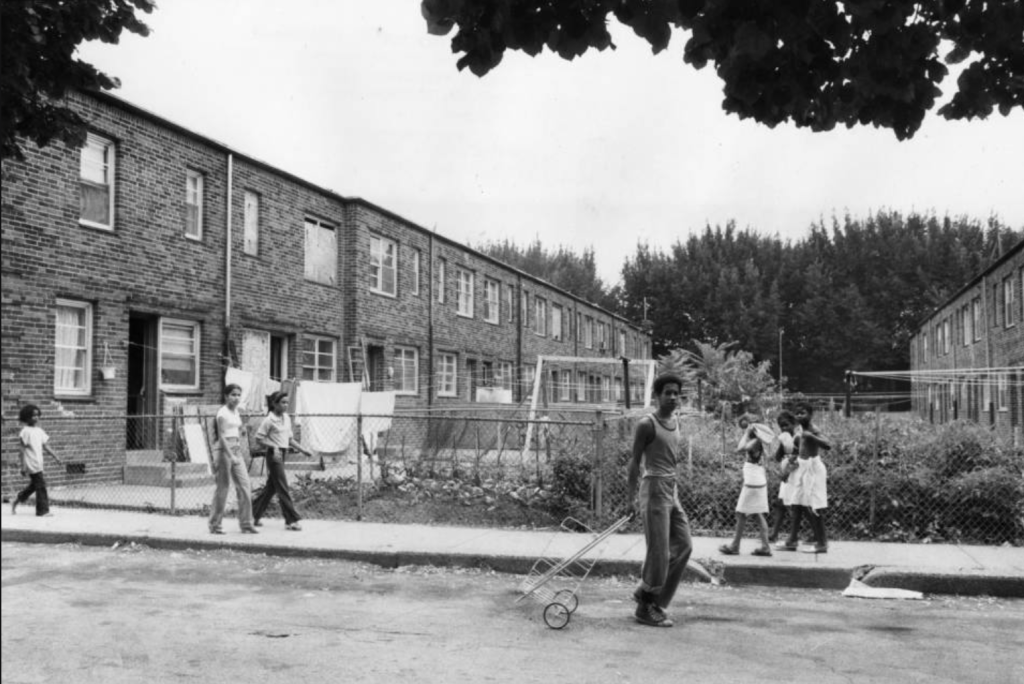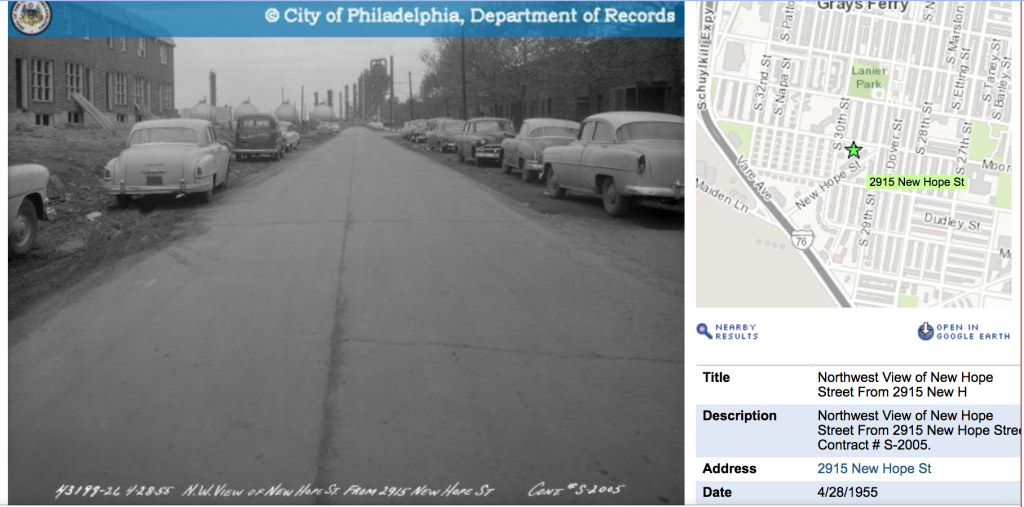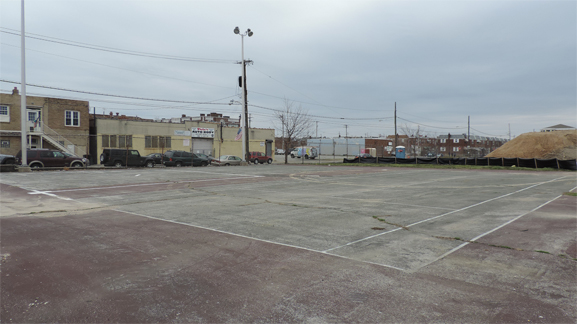Futures Beyond Refining
Futures Beyond Refining explores the historical relationship between the South Philadelphia oil refinery and its surrounding neighborhoods, disseminates data on impacts of refining, and engages Philadelphians in imagining alternative futures for the area
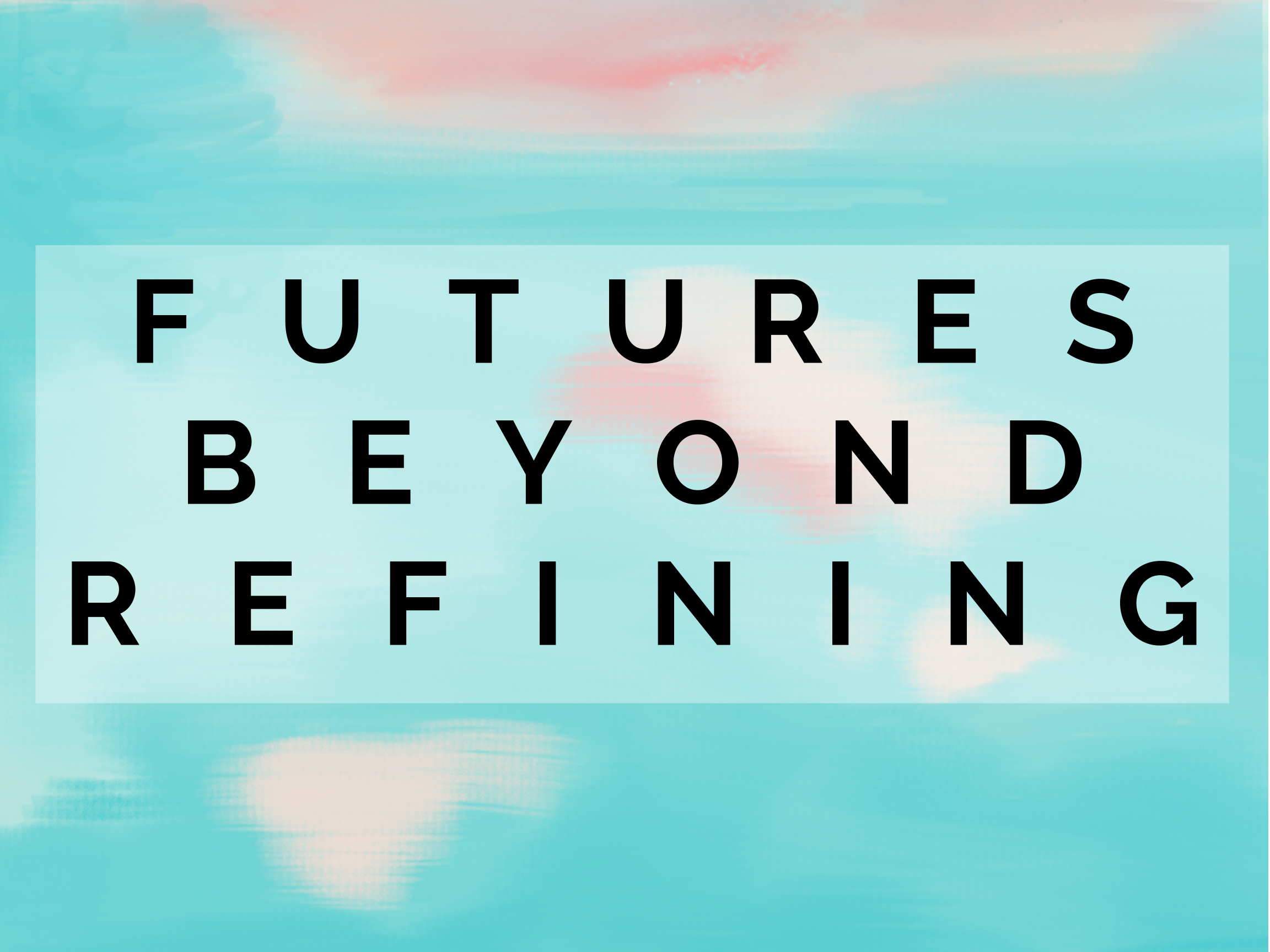
Futures Beyond Refining is an on-going collaborative experiment that explores the historical relationship between the South Philadelphia oil refinery (last operated by Philadelphia Energy Solutions, or PES) and its surrounding neighborhoods, disseminates data on impacts of over 150 years of refining in this location, and engages Philadelphians in imagining alternative uses for the site—literally a “future beyond refining.”
Bringing together Penn students and faculty, neighborhood residents, artists, climate activists, public health advocates, Philadelphia area students, and other individuals concerned with lives, land, air, and water long contaminated by the oil refinery, this experiment includes a related series of public initiatives including community events, fenceline neighborhood tours, school workshops, and a publicly available collection of oral histories from residents in the Gray's Ferry neighborhood and associated five-part digital exhibit, developed by Penn MES alum Maggie McNulty.
Futures Beyond Refining: Charles and Tammy Reeves in Conversation with Alexandre Imbot
This summer Philadelphia-based community organizers, Mr. and Mrs. Charles and Tammy Reeves, sat down with former PPEH Public Research Intern Alex Imbot for a conversation about community perspectives on living with a refinery and collaborating with academic researchers. The Reeves described their wishes for the future of the former refinery site and reflected on Amy Balkin's temporary billboard, made as part of Futures Beyond Refining. The billboard spotlights Mr. Reeves' powerful wish for the former refinery site to become a cemetery, quoted from his interview with Maggie McNulty in Schuylkill River & Urban Waters Research Corps Archive's Grays Ferry Oral Histories Project.
This video, originally recorded for the 2021 conference on Emergence/y, held by the Association for the Study of Literature and the Environment (ASLE), is one in a trio of presentations about the Futures Beyond Refining project. The two companion videos are by Amy Balkin, "Area of Interest," and Bethany Wiggin, "Futures Beyond Refining."
Area of Interest: Former Sunoco/PES Refinery Site Billboard
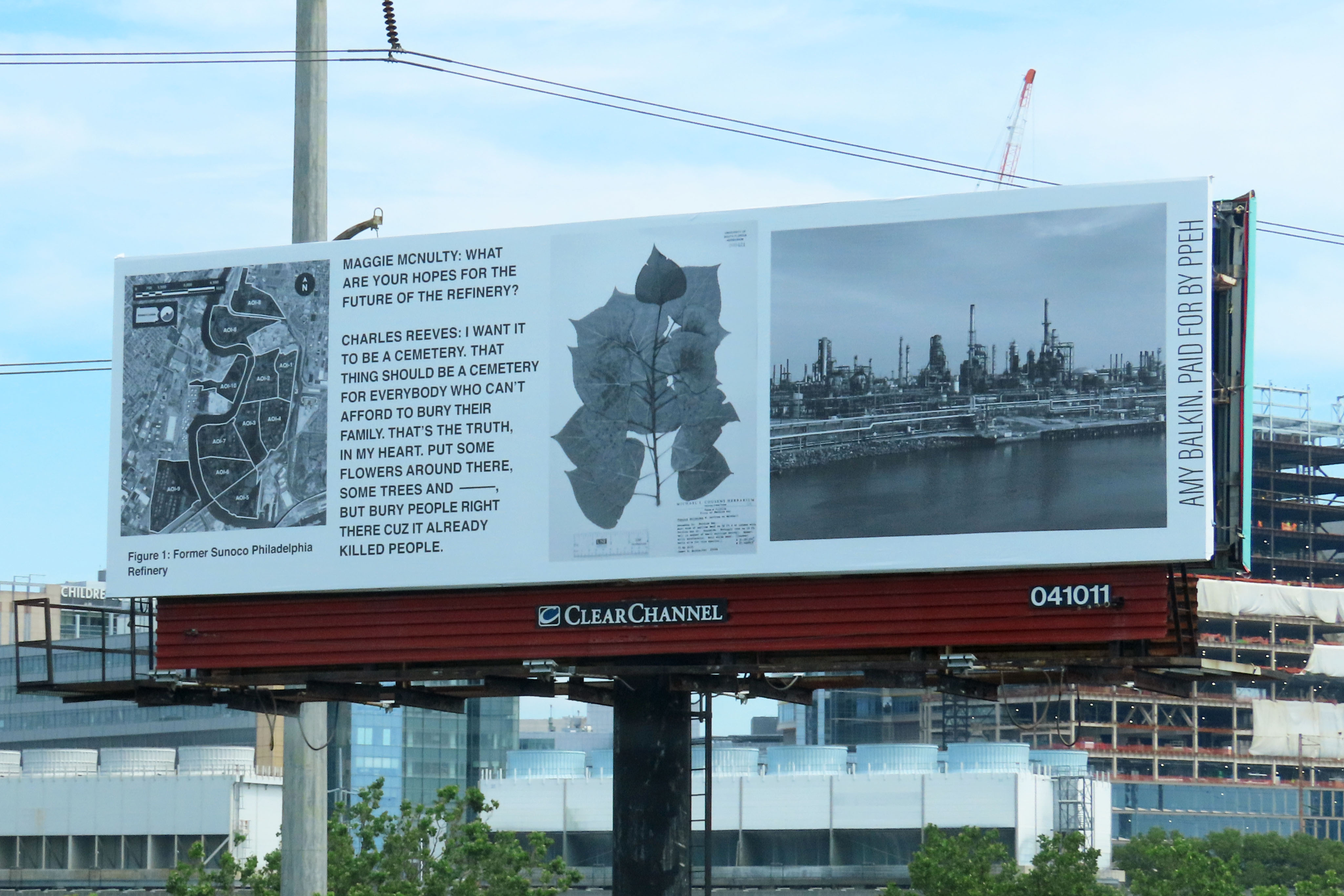
Area of Interest: Former Sunoco/PES Refinery Site Billboard is a new artwork by Penn Program in Environmental Humanities (PPEH) remote-artist-in-residence Amy Balkin, developed over 2020-21 in conversation with the program’s community collaborators and fellows. The billboard was available for public viewing in June 2021, and was visible from westbound on I-76 towards the Grays Ferry neighborhood or from Wharton Street, just north of the former Sunoco/PES Refinery site's AOI-8. The accompanying website is areaofinterest.org.
This artwork developed out of a PPEH workshop led by Balkin (below), which posed the question: "What can speculative archiving and memorialization offer in response to crises of industrial pollution?" The workshop invited participants to develop proposals for archives and memorials as a form of “rapid-response speculation.”
Visualizing Memorial in Time of Pandemic
This fall PPEH Artist in (Remote) Residence, Amy Balkin, hosts a two-part virtual workshop, Speculative Archiving and Situated Memorialization. Moving this work online gave Balkin the chance to bring together Mr. and Mrs. Charles and Tammy Reeves of Resident Action Committee II in South Philadelphia (video above) and Mr. Brian Charlton of the Donora Smog Museum and Historical Society in Donora, Pennsylvania (video here), to share their expertise about public memory and the memorialization of two different environmental disasters. The Reeves, whose families have lived for generations along the former refinery’s fenceline, speak in their video about the community's desire for a physical space to reflect, remember, and honor their families and community and the past and present impacts of environmental injustice. Charlton, drawing on decades of experience at the Donora Historical Society, speaks in his video about who archives catastrophic events and the socio-economic influences that shape collections and exhibits. In making these connections--across geographies, timescales, and demographics--the workshop prompted participants to consider how rapid response collection and archival practices can support community advocates and environmental justice.
Beyond the Lab
In the summer of 2020, these efforts are being expanded by the summer public research group Beyond the Lab, through the expansion of digital historical exhibits, development of a remotely-available public history tour, and the establishment of a pilot community-based air quality monitoring network.
Read recent articles about Futures Beyond Refining in Penn Arts & Sciences' Omnia Magazine and The Philadelphia Inquirer.
Listen to recent Data Remediations podcast episodes related to the project: Episode 8 (Midnight Oil: Futures Beyond Refining) and Episode 9 (Environmental Justice in Gray's Ferry).
Future Beyond Refining Gallery: The Refinery Site in 2100
Futures Beyond Refining asks Philadelphia residents of all ages to imagine what the oil refinery that sits alongside the lower Schyulkill River in South Philadelphia might look like in 100 years. What could grow there? What could we cultivate? What sounds, smells, and sights can we imagine experiencing there? The gallery below offers answers to these questions from Philadelphia residents in the form of postcards addressed to their public officials from the Year 2100. Want to contribute your own? Scroll to the bottom of this page for info on how to add your postcard to the gallery.
Click on the blue icon in the bottom left corner to view the full-screen gallery.
Futures Beyond Refining Event, December 11, 2019
Futures Beyond Refining kicked-off with an event on Dec 11, 2019 organized by Thomas Collins, Anat Dan, Alexandre Imbot, Maggie McNulty, and Elizabeth (Berryhill) McCarty, student participants in a fall 2019 graduate seminar taught by PPEH faculty director Bethany Wiggin. The event aimed to forge connections and promote dialogue between neighbors and allies interested in a non-refining future on the site of the refinery complex.
Recognizing that the June 21, 2019 explosion at the refinery should mark the beginning of a safer, cleaner future for the neighborhood and the City of Philadelphia, and that the repercussions of decades of refinery use would endure and be compounded by rising sea levels and other local climate impacts, participants in Futures Beyond Refining sought to advocate for community and government response to public health and ecological concerns raised by residents and experts.
The event asked participants to experience the fenceline community of Grays Ferry through the eyes of its residents, to engage with their experiences of life in the shadow of the refinery, and to imagine what this place could look like in 100 years.
Participants were invited to co-create a space in the Thomas F Donatucci library to share stories, desires, and ideas for the future.
Fenceline Community Tour
Starting at the Audenried High School at 10am, we heard the stories and voices of community residents as they lead us on a one mile long tour of their neighborhood in Grays Ferry
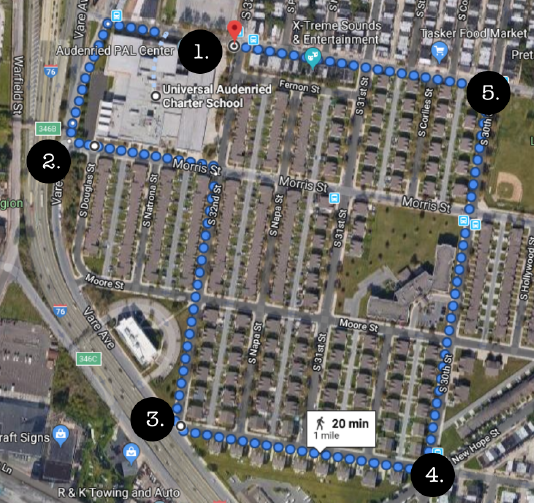
Fenceline Tour Guides
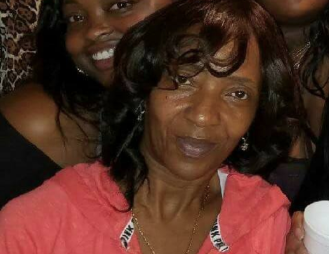
Mrs.Tammy Reeves is the Event Coordinator for Resident Action Committee 2 where she carries on the legacy of her father-in-law Mr. Charles Reeves, Sr. She has lived in the Grays Ferry community all her life and attended the James Alcorn elementary and Charles Youth Audenried schools. She hopes this tour results in the closure of the Philadelphia refinery.

Mr. Charles Reeves, Jr. has been a resident of Grays Ferry for sixty years. He is the Founding President of the Tasker-Morris Neighbors Association where he works to carry on the legacy of Mr. Kyle Shenandoah. He hopes this tour results in greater awareness about how the refinery has affected the community over the last hundred years.
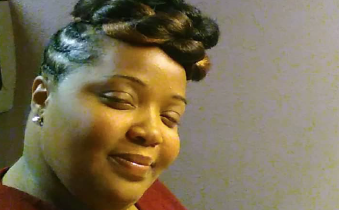
Mrs. Melissa Toby has been a resident of South Philly for almost 39 years. Melissa is currently raising her family in South Philly and is involved in, and dedicated to the schools her children attend. Melissa hopes this tour of her community, and the surrounding area in which the refinery sits, will offer a more positive outlook on this neighborhood by highlighting local families memories
Lightning Talk Speakers
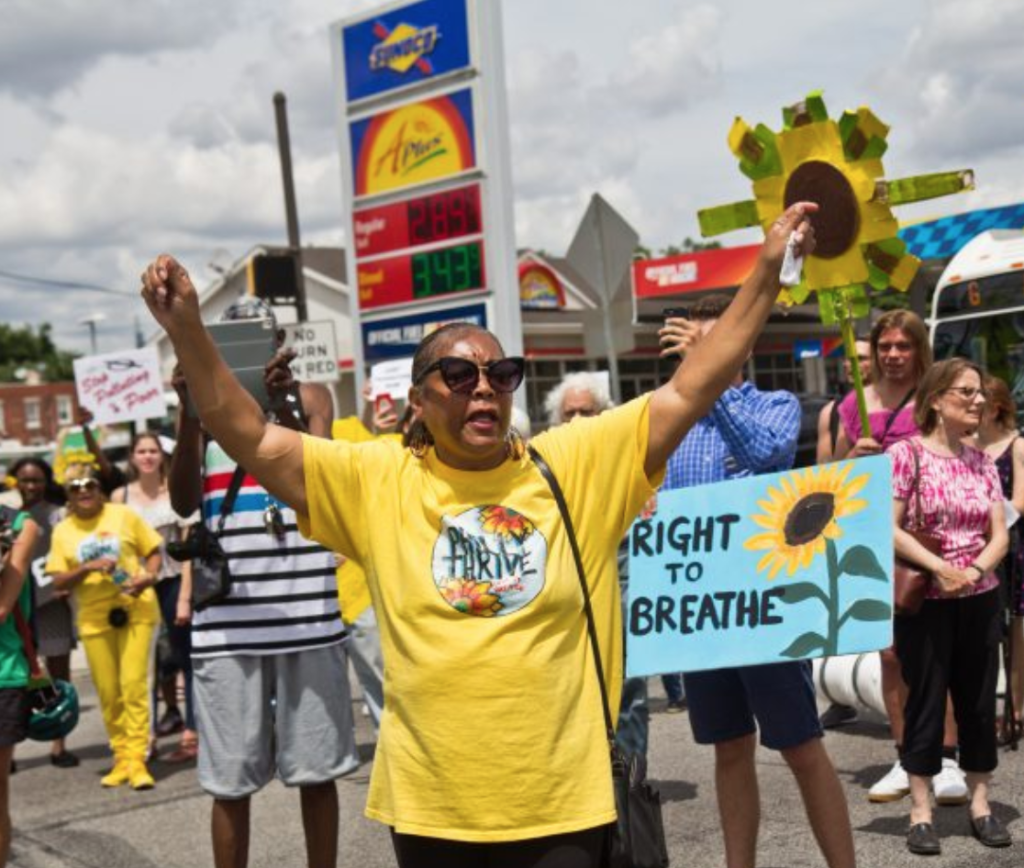
Mrs. Sylvia Bennett
Sylvia Bennett, 75, has lived at 32nd and Dickinson Streets for 50 years, and remembers having to evacuate her house in the 1970s and ’80s because of large fires at the refinery. A retired behavioral health worker, she is now a member of Philly Thrive, a group that speaks out about health concerns related to the refinery. The cause is personal; Bennett said two of her daughters have cancer, and she worries that their illnesses are linked to living so close to the complex.
This text is courtesy of the Philadelphia Inquirer, read the full article here . The photo was taken by Kimberly Paynter/WHYY
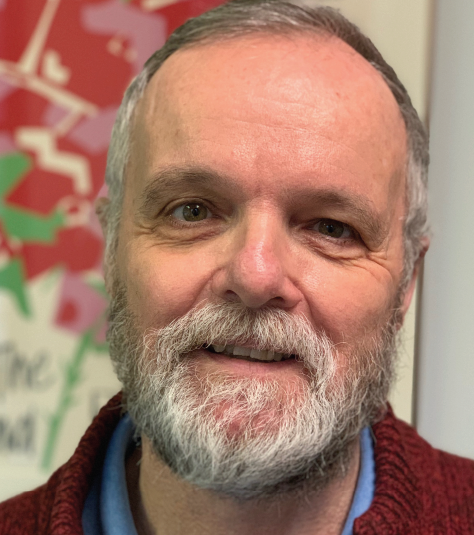
Mr. Joseph Otis Minott, Esq
Joseph Minott has been Executive Director and Chief Counsel for Clean Air Council for more than three decades and supervises all Council projects. He is an expert on transportation, urban air pollution, environmental justice issues, the Clean Air Act. and regulatory policies in Pennsylvania. He holds an M.A. in political science from the University of Pennsylvania and a J.D. from Villanova University School of Law.
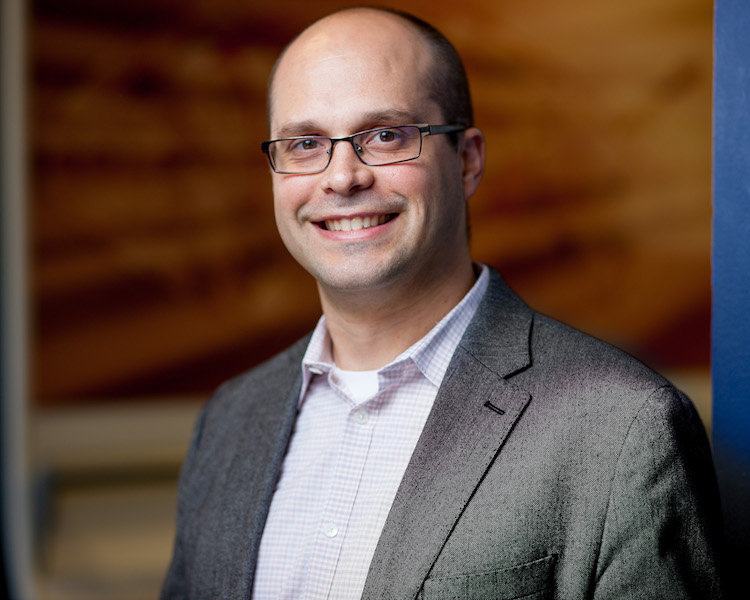
Dr. Peter DeCarlo
Dr. Peter DeCarlo is a professor of Environmental Engineering with research focused on the air we breathe both indoors and out, and how human activities alter the composition of the atmosphere impacting air quality and changing the climate.
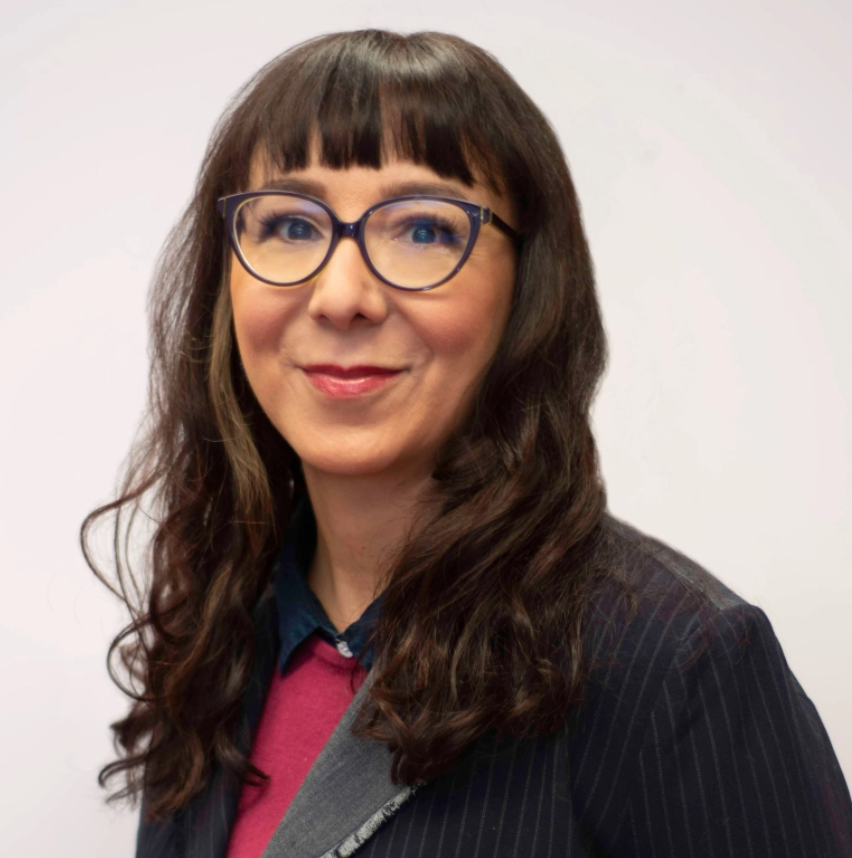
Dr. Pouné Saberi
Dr. Pouné Saberi, MD, MPH has been a doctor for 15 years, currently specializing in Occupational and Environmental Medicine. She is the president of the Board of Directors for Physicians for Social Responsibility. Her work focuses on health impacts of fossil fuels and climate change, and health benefits of transitioning to clean renewable energy sources for all.
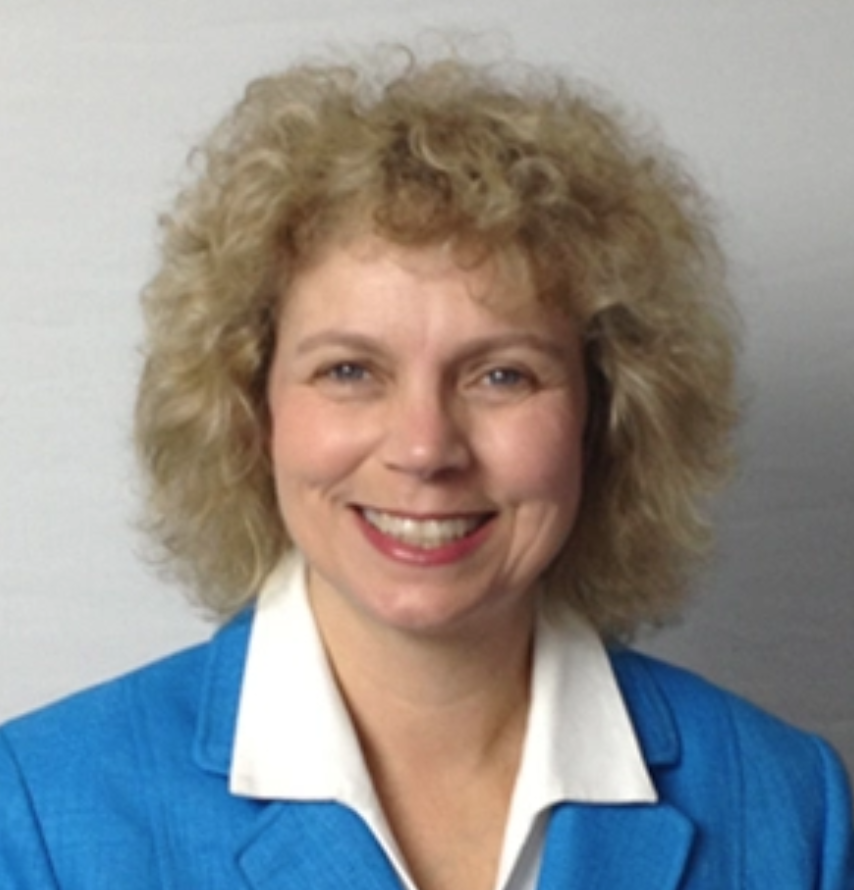
Dr. Marilyn Howarth
Marilyn Howarth is an occupational and environmental medicine physician who focuses on environmental policy and science through which it is informed. Her work with the Center of Excellence in Environmental Toxicology engages legislators, regulators, medical providers and community members around environmental problems locally and nationally.
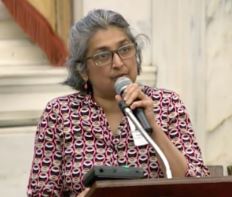
Meenal Raval
Meenal is a full-time activist, focusing on voluntary simplicity, zero-waste, local food, transportation electrification, energy efficiency and rooftop solar. She produces weekly mailings of local climate events across many groups in greater Philadelphia, found online at 350philly.org/calendar; writes for GRID magazine; is a catalyst for Sierra Club’s Ready for 100 teams in Montgomery and Philadelphia Counties. After an interview about climate on PhillyCAM’s People Power Lunch Hour, Meenal began producing Philly Talks Climate this spring; offering a climate-focused perspective on local news.
Arts-based Visioning Workshop
The last event of the afternoon was an arts-based visioning workshop with Beth Uzwiak from Ethnologica. Participants created artful postcards to send to their chosen elected official from 2100 with their vision for what the site might look like 80 years from now. Want to contribute your own vision for the refinery site in 2100? You can contribute a postcard to our gallery (above) or even host your own postcard-making workshop with friends or community members. Follow the steps below:
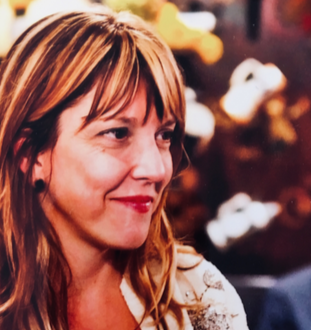
Dr. Beth Uzwiak is Research Director of Ethnologica. Ethnologica invites voices and stories into research and evaluation processes hat may not otherwise be heard, through participatory and art-based methods. As anthropologists, they bring cross-cultural competencies to their projects and are guided by values of inclusion, with the goal of increasing gender, racial and economic equity.

